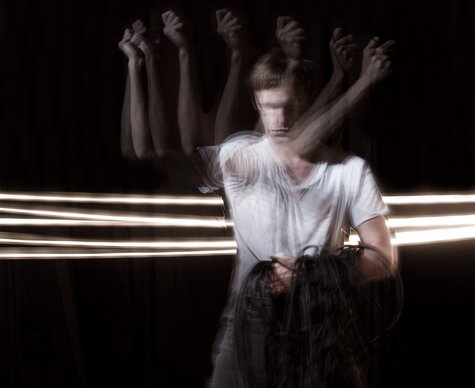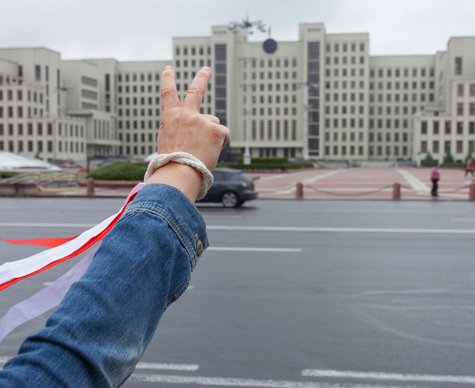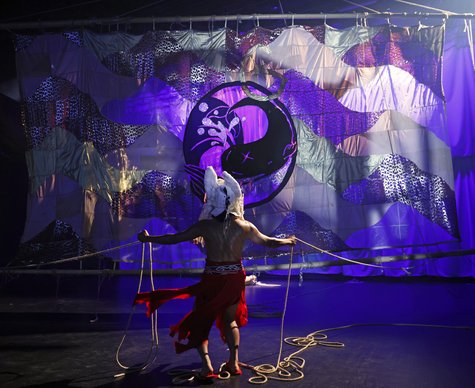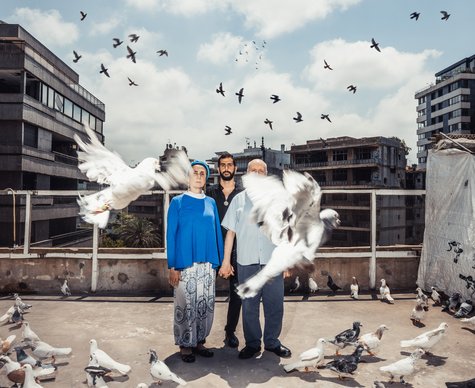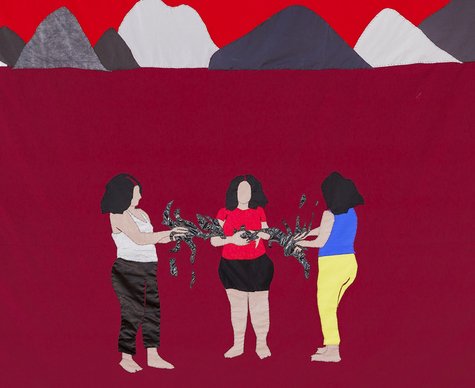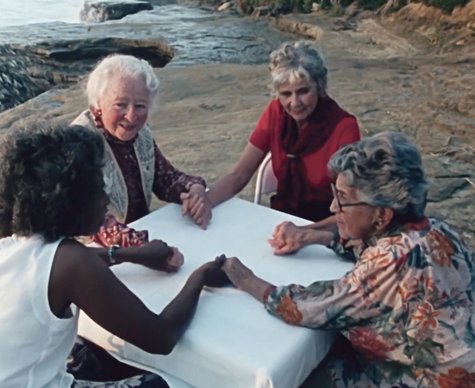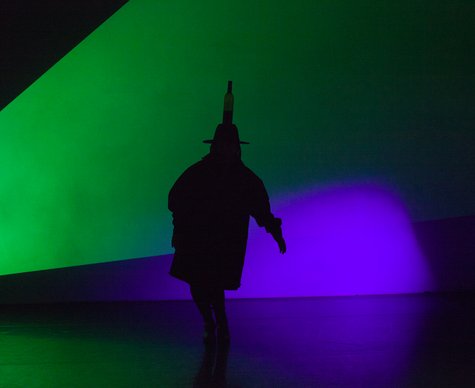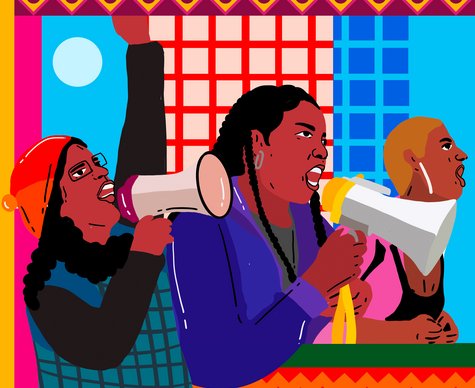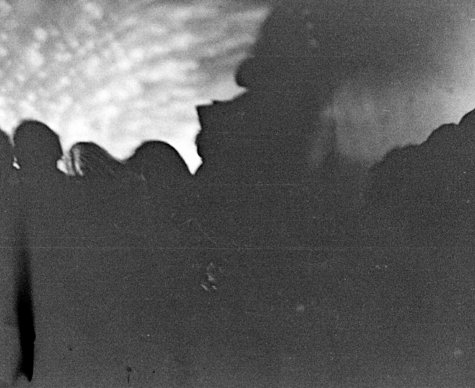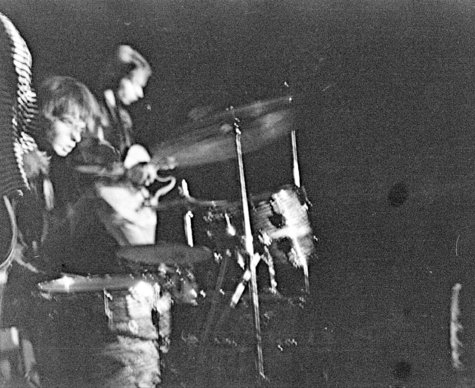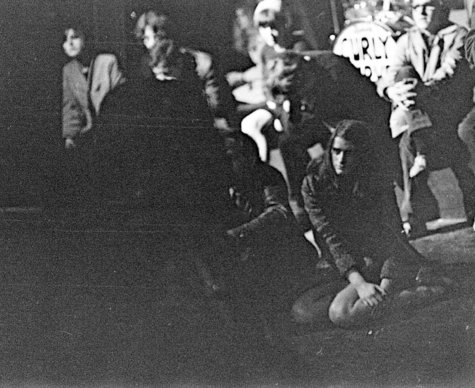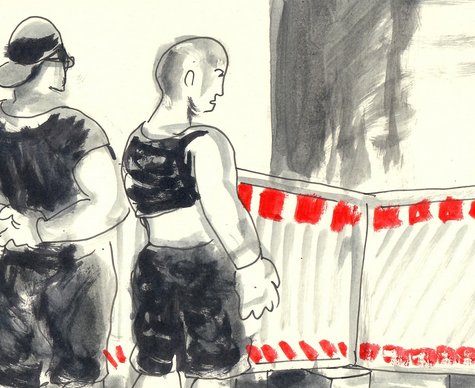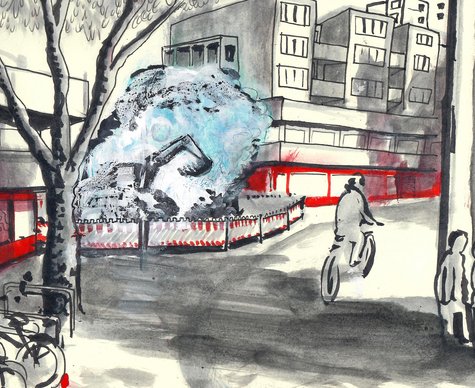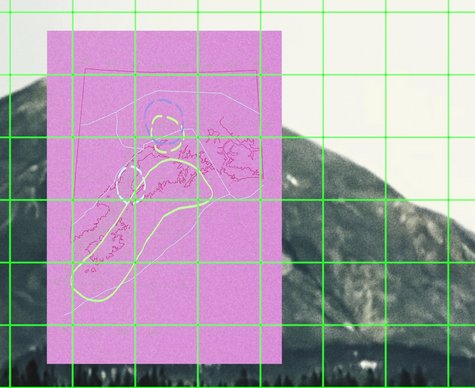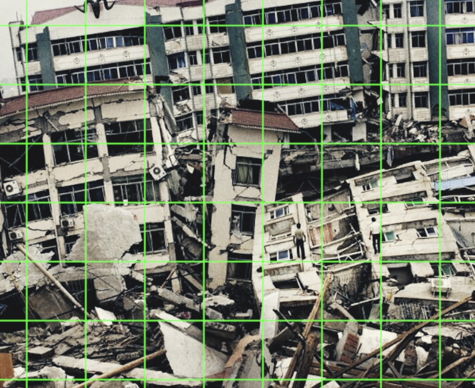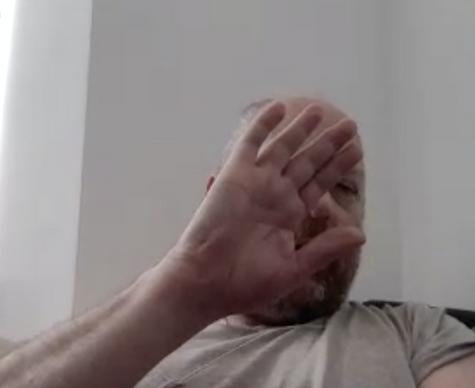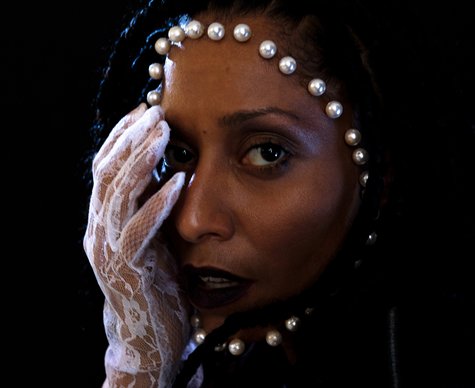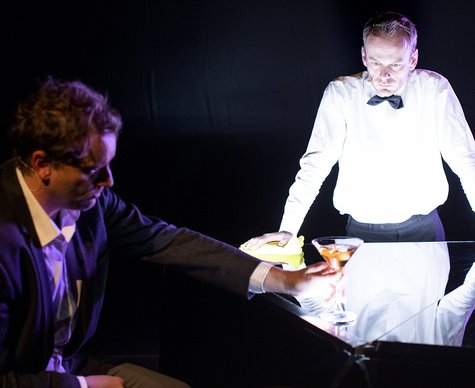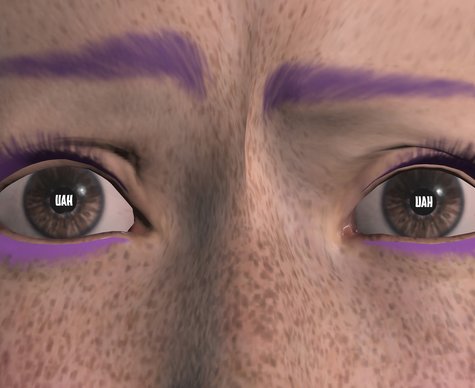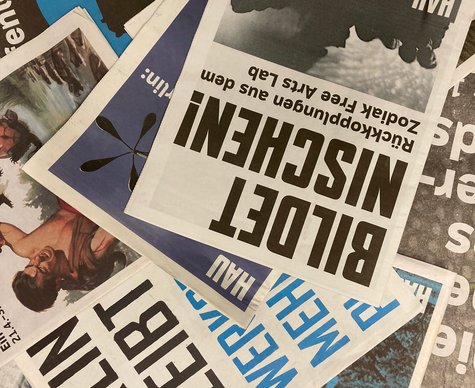Voice in a State of Exception
- Dialogue
- Music
- Performance
In the beginning there was neither image nor writing. In the beginning was the voice. Our life on earth also begins with a cry and ends with a final exhale extinguishing both life and speech. Voice renders us at once creatures and psychosocial beings. As a medium of expression and communication, it enables the interplay between physis and logos that results in meaningful and understandable speech. In our highly technologized society, our voice is increasingly supplemented, replaced, recorded, enhanced, and modified by various apparatuses. Computers and robots simulate the human voice, and in the fields of medicine and biotechnology there is work being done on prosthetics for the voice.
Does a normal state of the voice exist? Are malfunctions, borderline cases and extreme forms of expression not far more frequent and important? The three-day long conference Voice in the State of Exception explores these questions through scientific and artistic research. The participating scholars from the fields of science and engineering as well as from the life sciences are engaged in studying the voice via empirical experiments. Their work concentrates on transitions and interactions between hearing and reproducing vocal input and between physiology and robotics. Experts from the humanities will present historical and cultural conditions that help to frame ideas about the voice’s natural quality as well as the thinking behind certain technological efforts concerning the voice. Composers and vocal artists will investigate the states of exception pertaining to the voice through experiments that separate phonetics from meaning and that push the voice to its physical limits.
Evening Program
Thursday, 13 November 2014, 7:30 pm
The vocal artist Frauke Aulbert has a repertoire of styles and genres that includes gamelan, jazz, dhrupad, and beatbox. She also works with a vast range of vocal techniques such as overtone- and undertone-singing, and multiphonics. In Vocal Acrobatics, Aulbert explores the acoustic limits of her voice and opens up the entire spectrum of new vocal music. Her performance includes Jennifer Walsche’s “G.L.O.R.I.”; Matthias Kaul’s “Silence Is My Voice (for voice and mouth speaker)”; Cathy Berbian’s “Stripsody”; Giacinto Scelsi’s “Hô”; Frauke Aulbert’s “Frrr”; John Cage’s “Sonnekus 2”; and Georges Aperghis’ No. 8 from Recitations pour voix seule.
The German-Hungarian composer Georg Hajdu delves into the liminal spaces between music, science, and programming technology. In his compositions for vocal and instrumental performances as well as for musical theater, he combines acoustic and electronic sound, using elements from microtonal music, algorithmic composition, and computer networking. This world premiere of Disposable Me – ein Werk für elf Dispositionen will be performed by tenor/countertenor Gunnar Brandt-Sigurdsson.
Friday, 14 November 2014, 7:30 pm
Yuval Sharon is the founder and artistic director of the ensemble The Industry in Los Angeles. His theater projects play with the overlaps and intersections of opera, concert performance, and visual media. Sharon’s talk, “The Disembodied Voice,” discusses his work as director of Invisible Cities (by Christopher Cerrone, based on Italo Calvino’s book, Le città invisibli). In this “invisible opera for wireless headphones,” he sets the audience in motion, sending them on a search for the singers and dancers of the performance.
Daniel Dominguez Teruel is a composer, installation artist, and musical producer. Together with singer Gunnar Brandt-Sigurdsson, the duo will perform the premiere of untitled_18 for voice, live electronics and video. This piece is a follow up to the artists’ collaboration on the award-winning video untitled_7, which in 2013 took first place in an international competition for electroacoustic music and multimedia at the Yekaterinburg Festival and was screened there as part of the festivities.
Saturday, 15 November 2014, 8:00 pm
Michel van der Aa is a multidisciplinary artist: Composer, director, film-maker, and author. His musical vocabulary includes classical instruments, voices, electronics, theatre, and video. And How Are We Today and Miles Away are intimate works of chamber music for mezzosoprano and small instrumental ensembles. At the conclusion of the performance, Michel van der Aa will discuss his work with Sigrid Weigel and showcase outtakes of his video works “One” and “Sunken Garden.”
Mit freundlicher Unterstützung durch die Botschaft des Königreichs der Niederlande.
Dates
Location
HAU1
Stresemannstr. 29, 10963 BerlinThere are two marked parking spots in front of the building. Access to the Parkett by means of a separate entrance with lift when necessary. Barrier-free restroom facilities are available.
